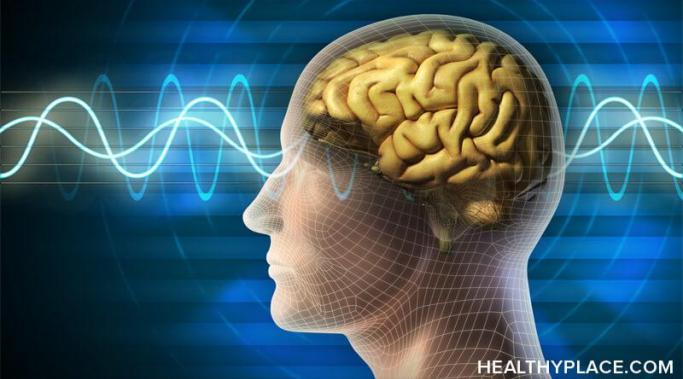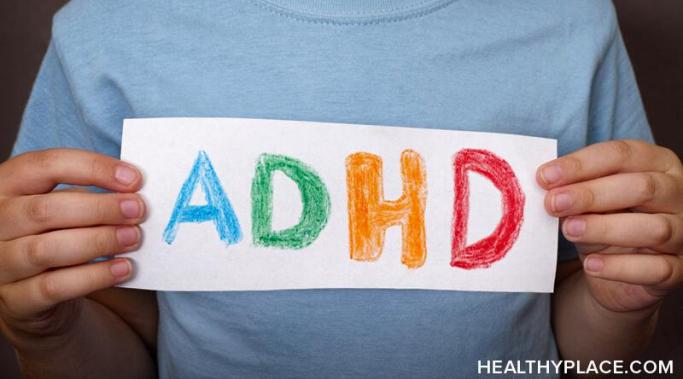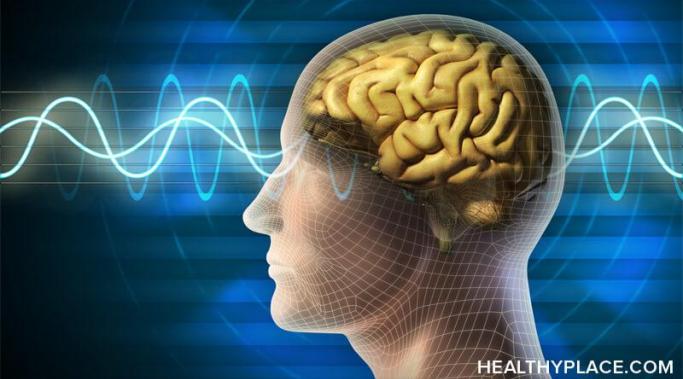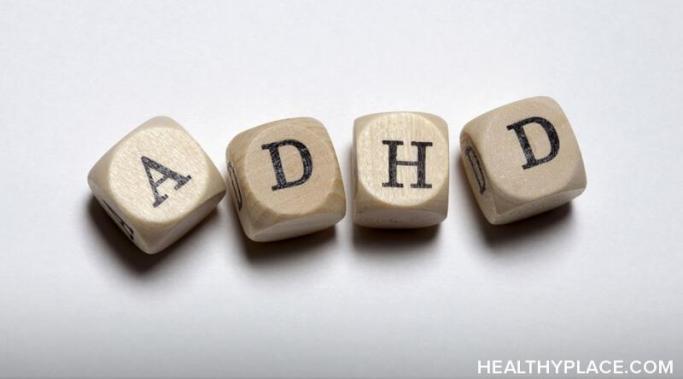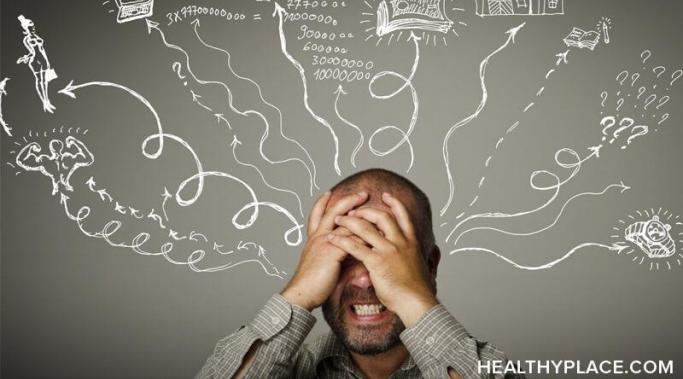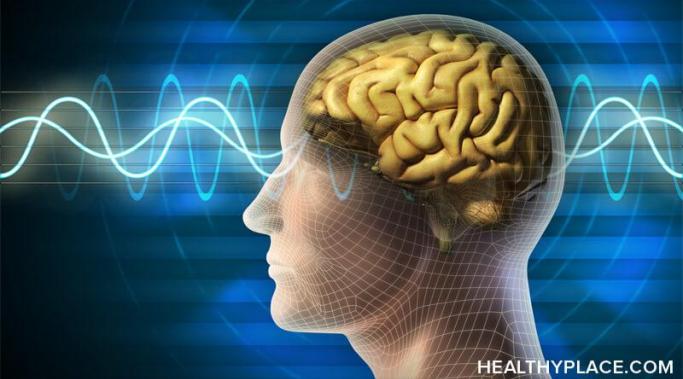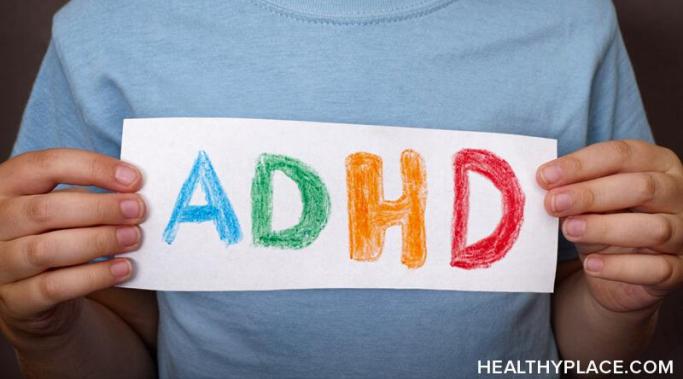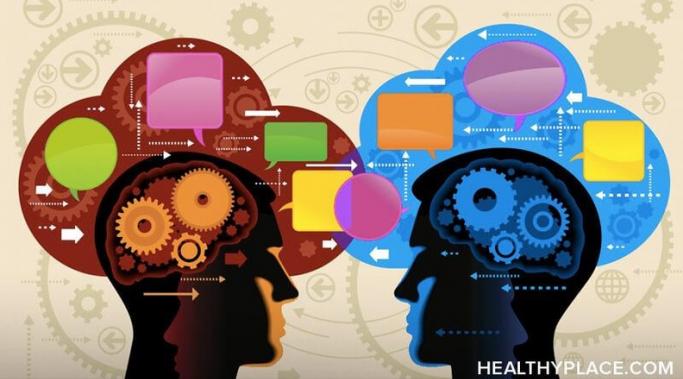In my opinion, music is one of humankind's greatest accomplishments. Since the dawn of time, people have produced harmonic sounds to assist in celebrations, to add color to ceremonies, and as a way to relax. In addition, some people with attention-deficit/hyperactivity disorder (ADHD) use music to help them concentrate on tasks. I am one of those people.
ADHD Self-Help
When people commit to a program of self-improvement, we call it progress. When people commit to executing this program on January 1, we call it a New Year's Resolution. For many, excitement surrounds the making and thinking of these resolutions. For people affected with adult attention-deficit/hyperactivity disorder (ADHD), feelings can be mixed.
Everybody can feel overwhelmed from time to time. Whether problems are work- or home-related or of matters entirely unrelated, modern living can tax us physically and emotionally. And, while feelings of overwhelm aren't the sole preserve of people with attention-deficit/hyperactivity disorder (ADHD), emotional dysregulation can act as an antagonist for me--especially when it comes to dealing with modern challenges. In other words, ADHD can add to my feeling overwhelmed.
Throughout my life, I've had to deal with two diametrically opposed traits of attention-deficit/hyperactivity disorder (ADHD): inattentiveness and hyperfocus.
When we think of ways to counter attention-deficit/hyperactivity disorder (ADHD), sleep may not be at the top of anyone's list. However, enforcing sleep hygiene is an incredible tool I use for suppressing ADHD-related symptoms. Along with medication and exercise, good sleep hygiene forms the backbone of my attack on ADHD. My body took a while to adjust to a firm schedule, but it was worth persevering as the benefits of sleep can't be overestimated.
I don't often plan these blog posts ahead of time. Normally, I just sit down a couple of hours before posting, open Docs, and have a think about what aspect of attention-deficit/hyperactivity disorder (ADHD) I'm going to write about that day.
Since the age of 18, I have lost four passports. This sportsman-like proficiency in losing valuable documents is partly a result of having attention-deficit/hyperactivity disorder (ADHD).
I didn't get a say in my birth. My mother and father took the executive decision to procreate without my input, and I landed on the scene in the April of 1985 before I could register any objections. Upon my arrival, the doctors deduced a few things: I was a boy. I was healthy. And, given the amount of wailing and thrashing, I appeared mildly inconvenienced by this whole birth scenario. For nearly 32 years after that, the doctors didn't miss much--except to diagnose me with attention-deficit/hyperactivity disorder (ADHD).
In my experience, adult attention-deficit/hyperactivity disorder (ADHD) creates strong impulsivity. For me, that means buying unnecessary items, diving into uncertain situations without proper consideration, and being a poor conversationalist.
Technology is no doubt distracting. Our phones are constantly buzzing with notifications, and apps are vying for our attention so they can increase their revenue from advertisers. Shows are increasingly binge-worthy, video games have evolved to the graphical fidelity of live-action films, and the endless sea of content gets larger and larger each day. For people with attention-deficit/hyperactivity disorder (ADHD), who already struggle to focus, the engrossing pull of technology is all the stronger.
